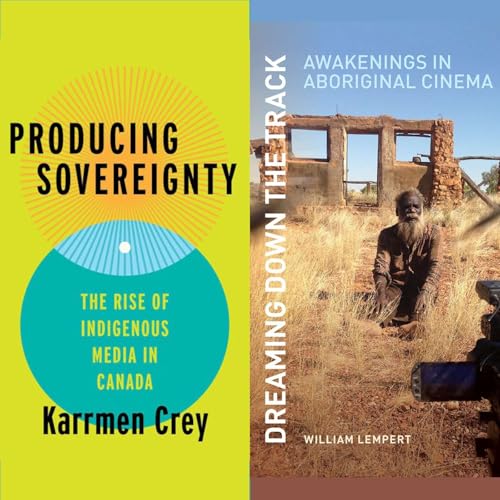“Jovencito, it’s going to be lonely being different and yet strong in this world,” James Francisco Bonilla’s grandmother told him when he was ten. Born with congenital cataracts, James had limited vision in his right eye and none in his left. At age nine, after a classmate hurled a horseshoe at his face in a racially motivated assault, James’s right eye was injured and he became legally blind. At home, too, he feared physical violence, experiencing the unpredictable outbursts of a single mother suffering from severe mental illness. Throughout his youth as a Puerto Rican New Yorker, James was continually failed by educational systems that exposed him to one abuse after another. Searching for relief and inspiration, he discovered an unexpected solace in the natural world, spiritual encounters with Mother Earth that led him toward both personal healing and advocacy.
At nineteen, a breakthrough in medical technology restored the sight in his right eye, and James recognized his unique perspective on the struggles of the disabled and marginalized in American life—and his intense will to make a difference. Here, James is joined in conversation with Beverly Daniel Tatum and Charmaine L. Wijeyesinghe.
James Francisco Bonilla (he/him) is a New York–born Puerto Rican writer and retired professor of Hamline University in St. Paul. He has written and presented nationally and internationally on diversity, cultural competence, and leadership, especially on how to diversify environmental organizations.
Beverly Daniel Tatum (she/her) is an award-winning educational leader, best-selling author, expert on the psychology of racism, and longtime social justice educator.
Charmaine Wijeyesinghe (she/her) is a consultant and author with 40 years of experience working with colleges, universities, and public and private organizations on diverse social justice areas and organizational change.
REFERENCES:
What My Bones Know: A Memoir of Healing from Complex Trauma / Stephanie Foo
Crip Camp: A Disability Revolution (film)
The Country of the Blind: A Memoir at the End of Sight / Andrew Leland
Peril and Promise: College Leadership in Turbulent Times / Beverly Daniel Tatum
Promoting Diversity and Social Justice: Educating People from Privileged Groups / Diane J. Goodman
Always We Begin Again: The Benedictine Way of Living / John McQuiston
Praise for the book:
“With its intersectional analysis of racism, mental illness, and disability, this memoir brings a fresh and inspiring voice to the world of social justice literature.”
—Beverly Daniel Tatum
“This memoir is the essence of what I still seek to share with youth in all communities.”
—J. Herman Blake, professor emeritus, Iowa State University
“James Francisco Bonilla shows that hope and healing can be found through advocacy and community.”
—Sue Abderholden, former executive director, NAMI Minnesota
“This inspiring memoir encourages a new generation to confront biases and champion social justice.”
—Madeline L. Peters, disability consultant
An Eye for an I: Growing Up with Blindness, Bigotry, and Family Mental Illness by James Francisco Bonilla is available from University of Minnesota Press. Thank you for listening.
 Dec 17 202554 m
Dec 17 202554 m Dec 2 202556 m
Dec 2 202556 m Nov 18 202546 m
Nov 18 202546 m Nov 11 20251 h y 14 m
Nov 11 20251 h y 14 m Nov 5 20251 h y 14 m
Nov 5 20251 h y 14 m Oct 28 20251 h y 3 m
Oct 28 20251 h y 3 m Oct 21 20251 h y 1 m
Oct 21 20251 h y 1 m Sep 30 20251 h y 1 m
Sep 30 20251 h y 1 m
